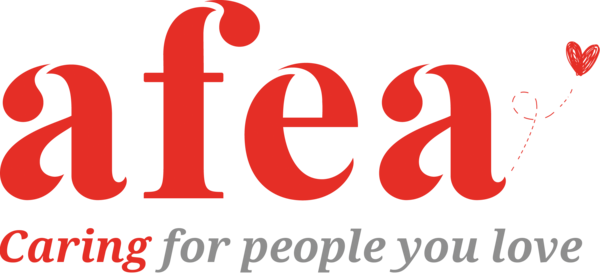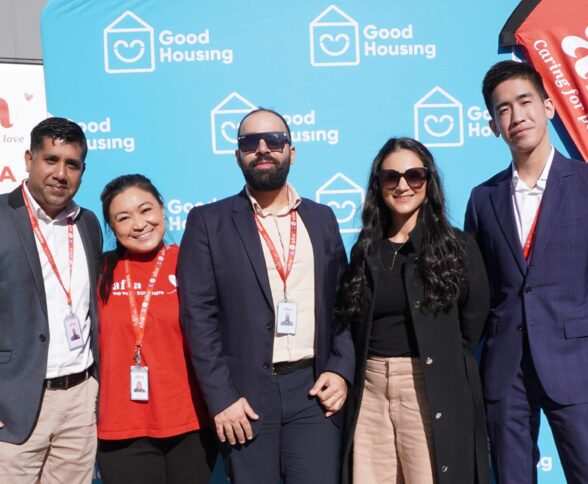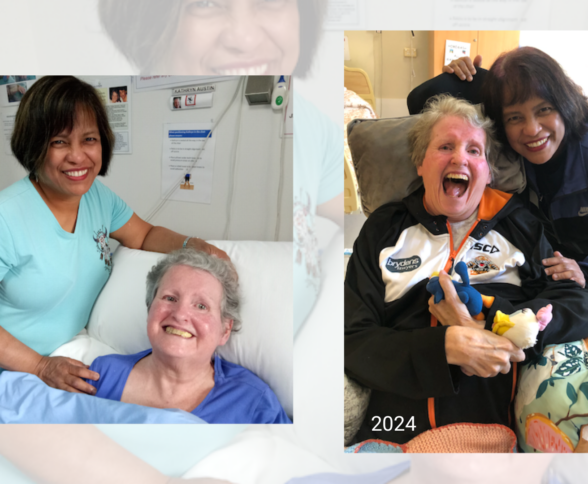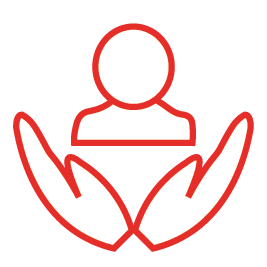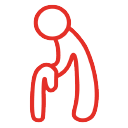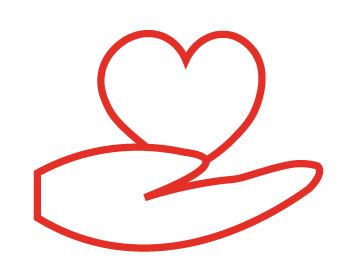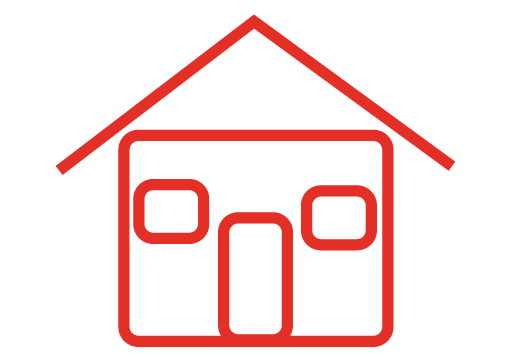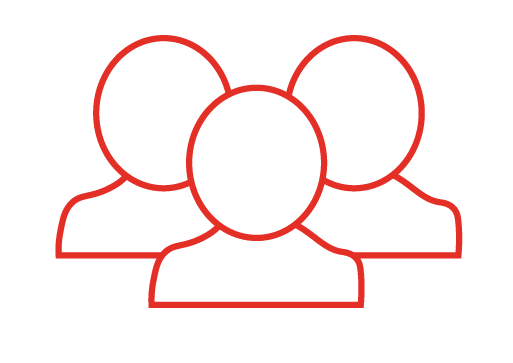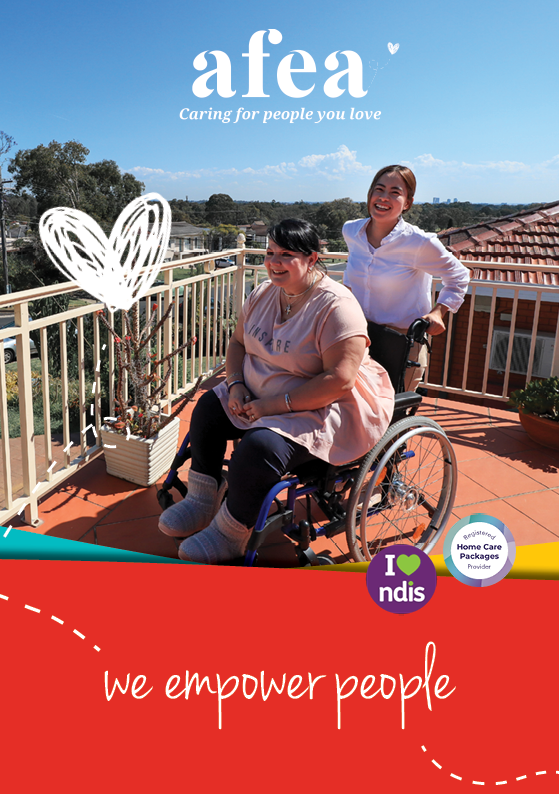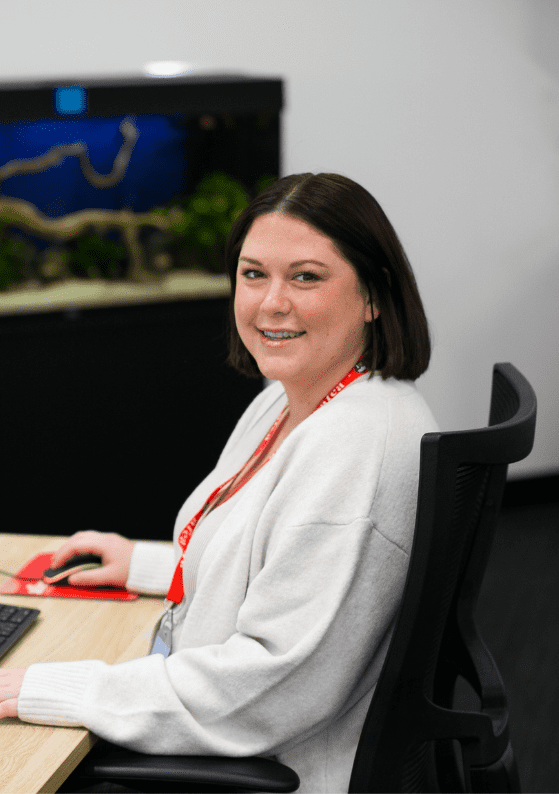Why mental health first aid is a crucial skill to know
You’ve probably heard of physical first aid courses and many of you may have done one. But have you heard of mental health first aid? With one in five Australians experiencing a common mental health illness each year, it’s likely to affect us all at some point, directly or indirectly. Afea recently trained a number of staff and Carers in mental health first aid so we can do our best to assist when the need arises. Here’s what we learnt.
What is mental health first aid?
Many of us have experienced a mental health problem but often friends, family and carers aren’t sure how to help. We often haven’t been taught the skills or don’t have the confidence to know what to say. Sometimes saying nothing is the worst thing of all, so we must learn more about how to help someone in a mental health crisis.
Doing a mental health first aid courses teaches you the skills to help someone you’re concerned about. Like physical first aid, it’s the support and care given until the appropriate professional help is received or the crisis is resolved.
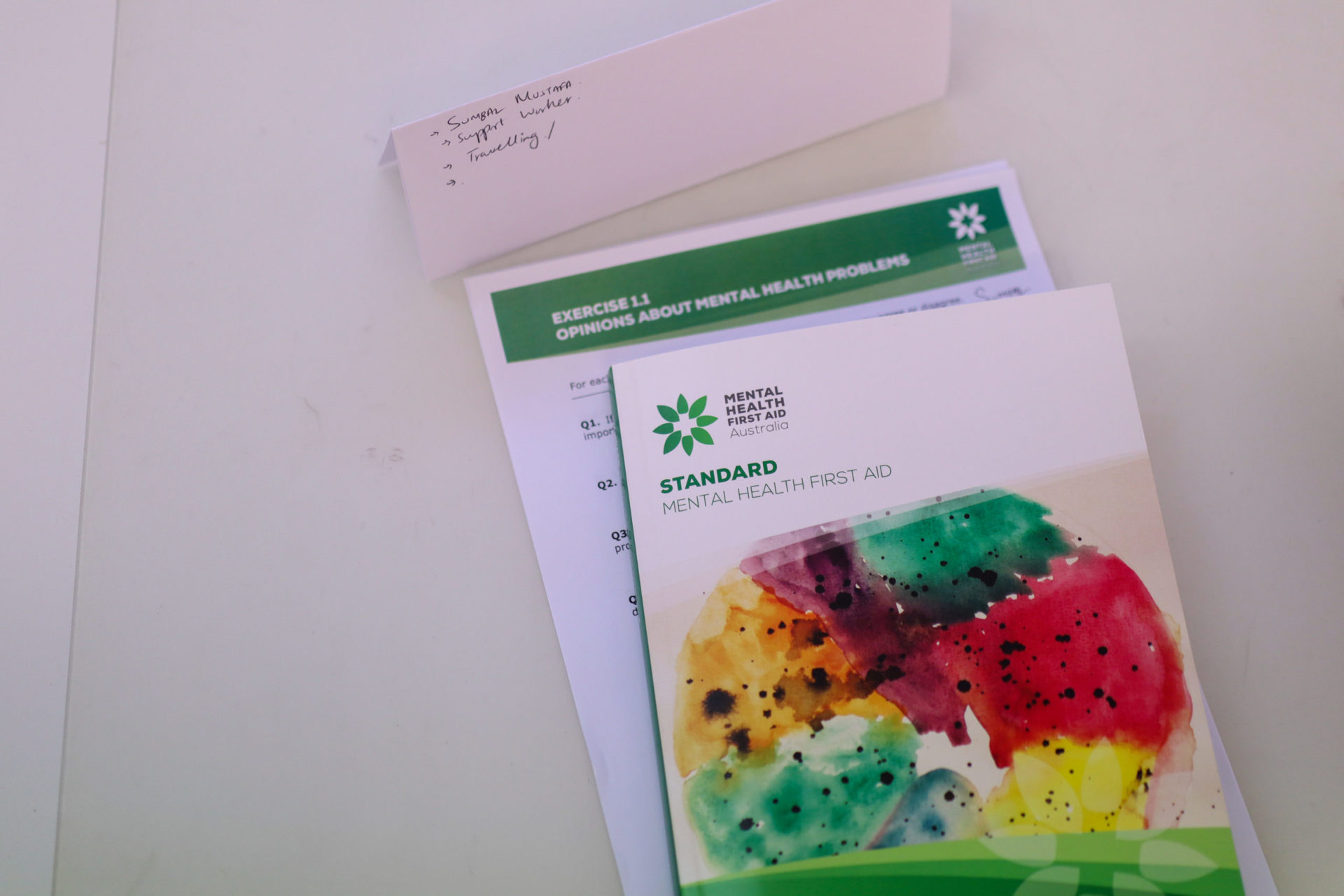
Why did Afea and Inebura do a mental health first aid course?
This year has been a tough year for many of us and we have seen more participants with mental health conditions. NDIA recognises mental health conditions as a disability and is providing more funding for them than ever before.
At Afea, working on our mental health and our clients’ mental health is one of our key areas of priority. Which is why we provided mental health first aid training for many of our internal staff and support workers. Our independent division, Inebura, also had their Support Coordinators join the training module. Many of our Support Workers came together in Parramatta for the two-day course. It was such a popular topic that other staff couldn’t make it on site chose to do the course remotely in their spare work time.
What did we learn in the course?
We covered typical types of mental health conditions including:
- Depression
- Anxiety problems
- Psychosis
- Substance use problems
- Gambling problems
- Eating disorders.
We then learnt first aid for specific situations such as:
- Suicidal thoughts and behaviours
- Non-suicidal self-injury
- Panic attacks
- Following a traumatic event
- Severe psychotic states
- Severe effects from alcohol and drug use
- Aggressive behaviours
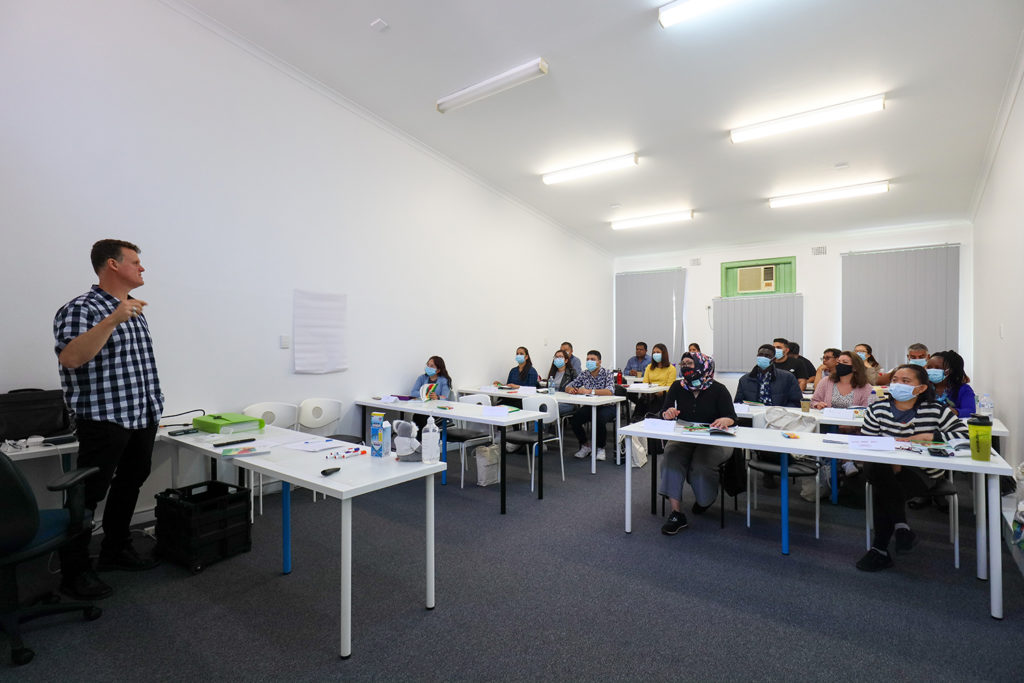
We know from days like RU OK Day how important it is to make sure our friends, colleagues and clients are feeling ok. But if they say they are and we suspect they’re not, what do we do? At this course, we learnt what to look for if we suspect things aren’t ok. We learnt how to have difficult conversations about mental health and how to help our friend access services like a GP or a mental health counsellor.
According to Jack, one of Inebura’s Support Coordinators, this course was invaluable. “The course gave us a 360-degree view of mental health and the different types experienced. It prepared us with how to deal with a person experiencing different kinds of mental illness. It provided us with the tools and strategies to help them overcome the barriers that they’re facing during their difficult journey. Most importantly, it taught us how to take care of ourselves in order to take care of others.”
How do you find out more?
We highly recommend everyone does a mental health first aid course if they can. Find out more at https://mhfa.com.au/
